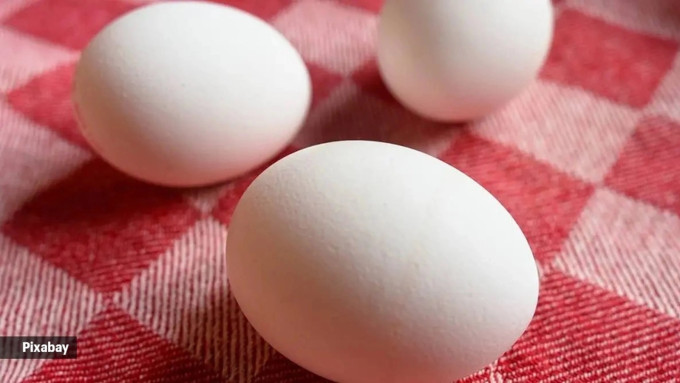Can these simple water tests help detect adulteration in foods like eggs, milk, honey?
A rampant increase in cases of food adulteration has made it extremely important to identify fakes that have penetrated the market. But worry not, you do not really need access to a laboratory setting, as we are here to help you do that right at your home with expert-verified information. So, when we came across a post from dietitian Sonia Narang on how to detect adulteration in specified food items through a few water tests, we wanted to learn more.
Narang listed these water tests for detecting adulteration in specific food items. We turned to Dr Sangeeta Tiwari, clinical nutritionist, Artemis Lite, NFC, New Delhi to have them verified.

Black peppercorns
Put some black pepper in a glass of water. “Genuine pepper sinks, while adulterants may float,” said Narang. “Partially true,” said Dr Tiwari, explaining that while genuine black peppercorns tend to sink due to their density, “this isn’t a foolproof test”. “Some adulterants might also sink, and some peppercorns might trap air and float,” said Dr Tiwari.
Cloves
Drop cloves in a glass of water. “Pure cloves will float vertically or sink, while adulterated ones may float horizontally due to added substances like artificial clove stems,” said Narang. However, Dr Tiwari shared that pure cloves can also sink or float vertically, “and floating horizontally isn’t a guaranteed indicator of adulteration”. “Clove shape and trapped air can also affect buoyancy,” added Dr Tiwari.
Turmeric
Add a pinch of turmeric to a glass of water and let it sit without stirring. “Pure turmeric will settle at the bottom, while synthetic colorants may dissolve in water,” said Narang. Agreed Dr Tiwari and shared, “Mostly true. Pure turmeric powder will usually settle at the bottom.”
 Here’s how to find out (Source: Pixabay)
Here’s how to find out (Source: Pixabay)
Honey
Drop a spoonful of honey in a glass of water. Pure honey will settle at the bottom without dissolving quickly. Adulterated honey will dissolve or form layers shared Narang. “A more reliable test is the ‘thumb test’. Pure honey will hold its shape when you rub a drop between your thumb and forefinger,” said Dr Tiwari.
Eggs
Place an egg in a cup of water. According to Narang, fresh eggs will sink and lie flat on the bottom, while older eggs will float due to the larger air cells. Dr Tiwari agreed with this test and added that fresh eggs will sink due to the small air cell at the blunt end. “As eggs age, the air cell gets bigger, causing them to float. However, this isn’t a perfect indicator. Very cold water might make even fresh eggs float,” said Dr Tiwari.
Milk
Take 5 to 10ml of milk sample with an equal amount of water. “Shake the contents thoroughly. If milk is adulterated with detergent, it forms a dense lather. Pure milk will form a very thin foam layer,” said Narang. Dr Tiwari added that a more reliable test for detergent adulteration involves boiling the milk. “Pure milk will curdle, while milk with detergent might not,” said Dr Tiwari.
View this post on Instagram
A post shared by Sonia Narang (@sonianarangsdietclinics)
What to keep in mind?
Dr Tiwari said these water tests are general indicators and shouldn’t be solely relied upon to detect adulteration. “If you suspect food adulteration, it’s best to get it tested by a professional lab,” said Dr Tiwari.
📣 For more lifestyle news, click here to join our WhatsApp Channel and also follow us on Instagram
Disclaimer: The copyright of this article belongs to the original author. Reposting this article is solely for the purpose of information dissemination and does not constitute any investment advice. If there is any infringement, please contact us immediately. We will make corrections or deletions as necessary. Thank you.

